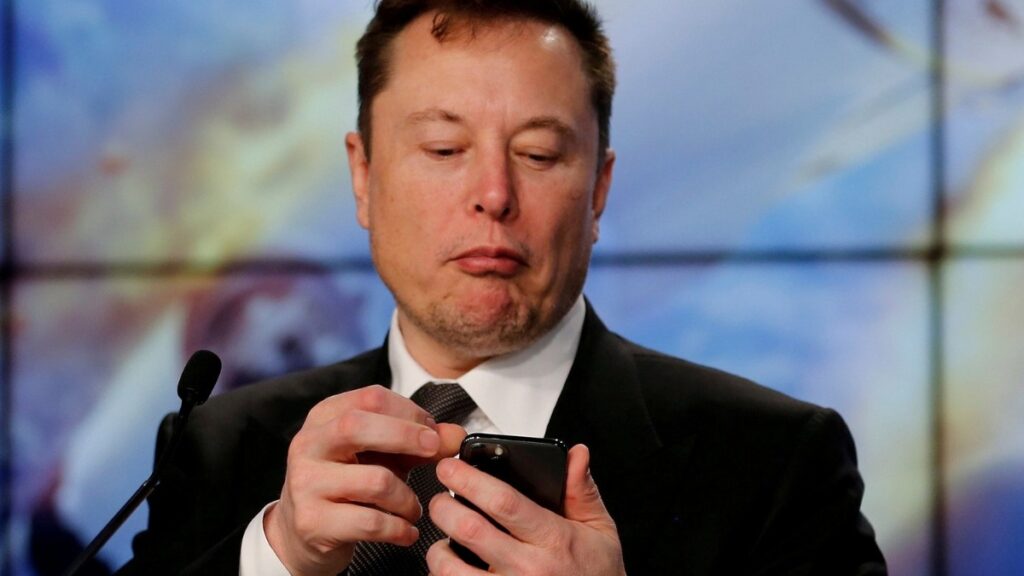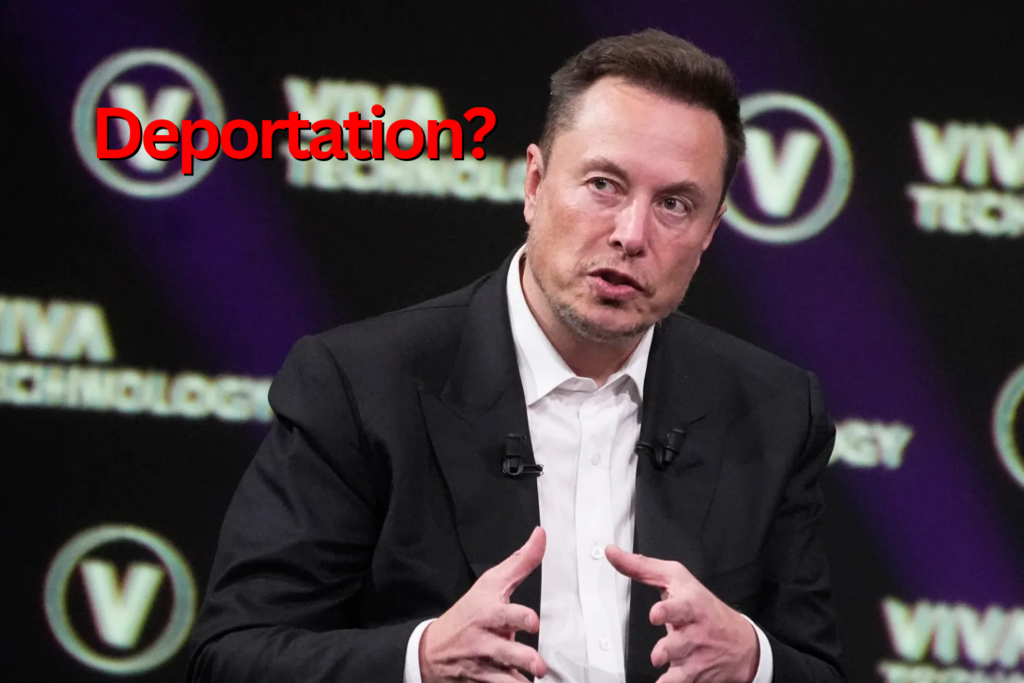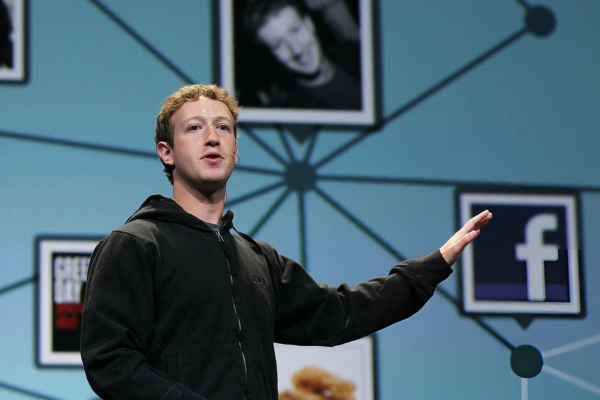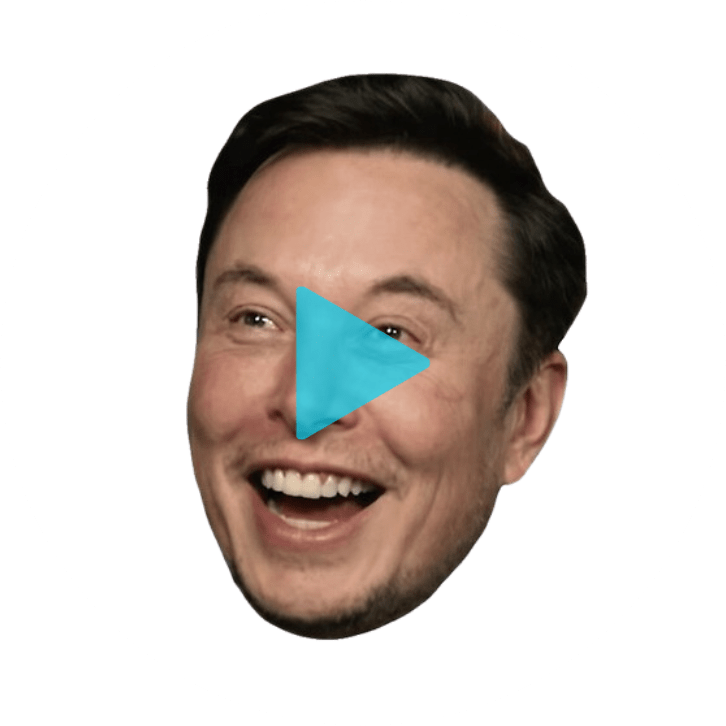Elon Musk, one of the most influential entrepreneurs of our time, is known for his ability to juggle multiple high-profile ventures such as Tesla, SpaceX, Neuralink, and The Boring Company. With such a busy schedule and numerous responsibilities, organization is key to his success. So, what tools does Musk use to keep track of his tasks and ideas?
1. The Power of Simplicity
While most people rely on modern to-do list apps that boast various features and customization options, Musk is known for his minimalist approach when it comes to organizing his tasks. According to some interviews and public statements, Musk doesn’t typically use mainstream to-do apps like Todoist or Microsoft To-Do.
Instead, Musk has often mentioned using simple note-taking systems like Notion and Google Calendar to manage his time and tasks. For Musk, the fewer the distractions, the better. He values clarity and efficiency, and that’s why he leans towards straightforward, easy-to-use systems rather than complicated apps.
2. The Role of Google Calendar
Elon Musk is a big advocate of using Google Calendar to structure his day. The app allows him to allocate time slots for specific tasks, ensuring that every minute of his day is accounted for. With back-to-back meetings and constantly changing priorities, having a detailed schedule helps Musk stay on track. He reportedly uses a 5-minute time-blocking method, breaking his day into five-minute chunks to maximize productivity.
This approach is in line with Musk’s well-known time management philosophy: if you can break your day into small, actionable steps, it’s easier to tackle complex tasks and remain highly productive.
3. Notion for Detailed Task Management
Notion is a tool that has gained immense popularity due to its versatility and customizability. While Musk hasn’t explicitly endorsed Notion, it has been speculated that he may use it for certain projects. Notion is perfect for managing complex, multi-layered projects like those Musk handles in his various companies. Whether it’s organizing notes, setting milestones, or collaborating with teams, Notion provides a seamless experience for managing everything in one place.
Notion’s flexibility allows users to create customized workflows, which could be why Musk may find it suitable for overseeing different stages of his ventures. Whether creating detailed outlines for projects or simply jotting down ideas, Notion could serve as a central hub for his thoughts.
4. Paper Notes and Brainstorming
In interviews, Musk has also expressed his love for paper notes. While digital tools like Notion and Google Calendar are essential, Musk often prefers the tactile experience of writing things down with pen and paper. This helps him to think more clearly and brainstorm in a more organic way, especially when coming up with innovative ideas.
Musk is known to scribble his thoughts on pieces of paper, from drawing rocket designs for SpaceX to outlining future plans for Tesla. This paper-to-digital hybrid approach allows Musk to capture creative ideas in a quick and tangible format before transferring them into digital systems for further action.
5. Custom Solutions for High-Level Projects
Given the scale of his companies, Musk also relies on highly specialized tools and software tailored to specific needs. For instance, when managing SpaceX, he likely uses project management tools that help coordinate the massive and intricate timelines of rocket development. These tools, which aren’t available for general use, may involve advanced scheduling software and real-time collaboration systems.
Final Thoughts: Elon Musk’s Approach to Productivity
Elon Musk’s approach to managing tasks and staying productive is rooted in simplicity and adaptability. While he uses a combination of digital tools like Google Calendar and Notion, he also values the physical act of writing things down on paper. His approach to task management reflects his need for flexibility, focus, and efficiency — all of which are essential qualities for someone with such a demanding schedule.






